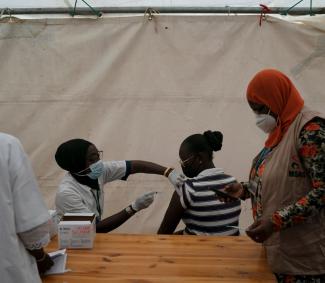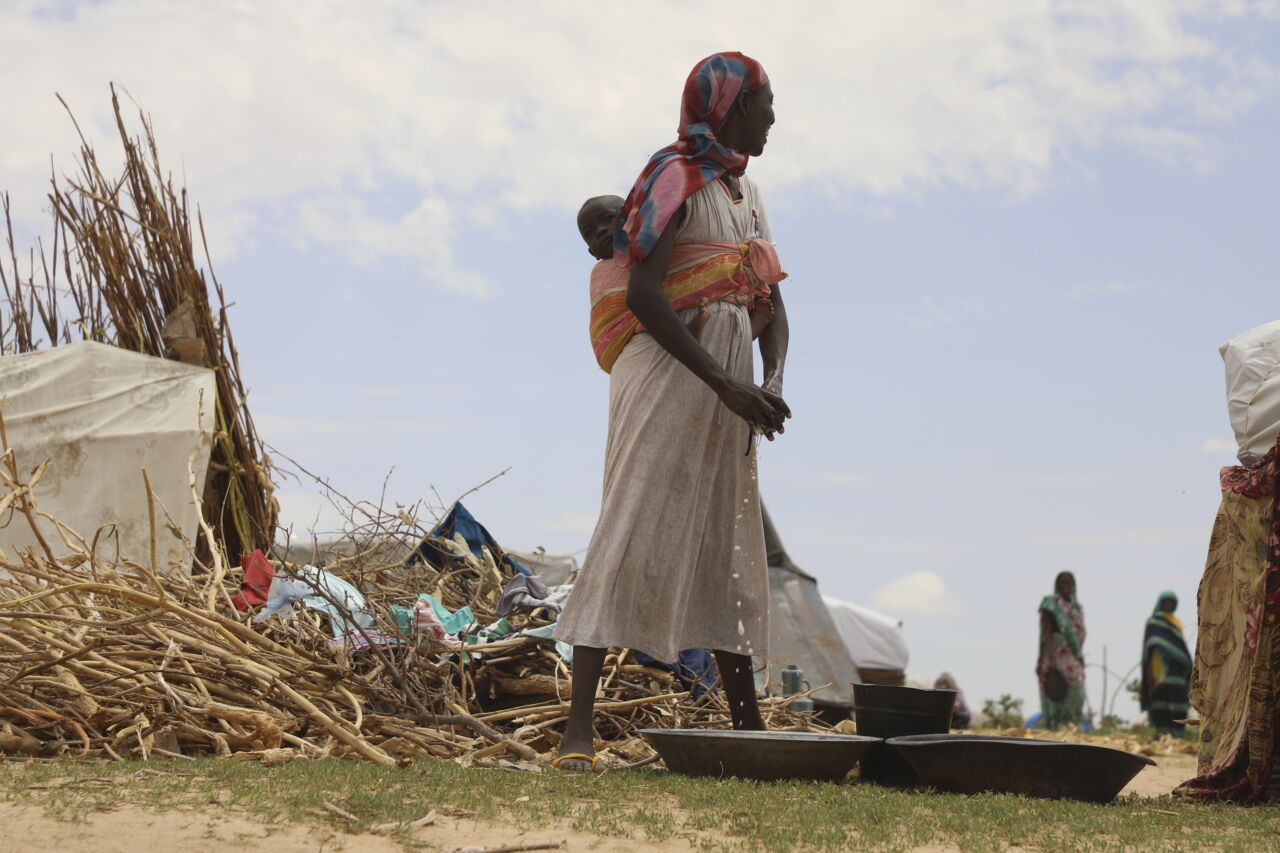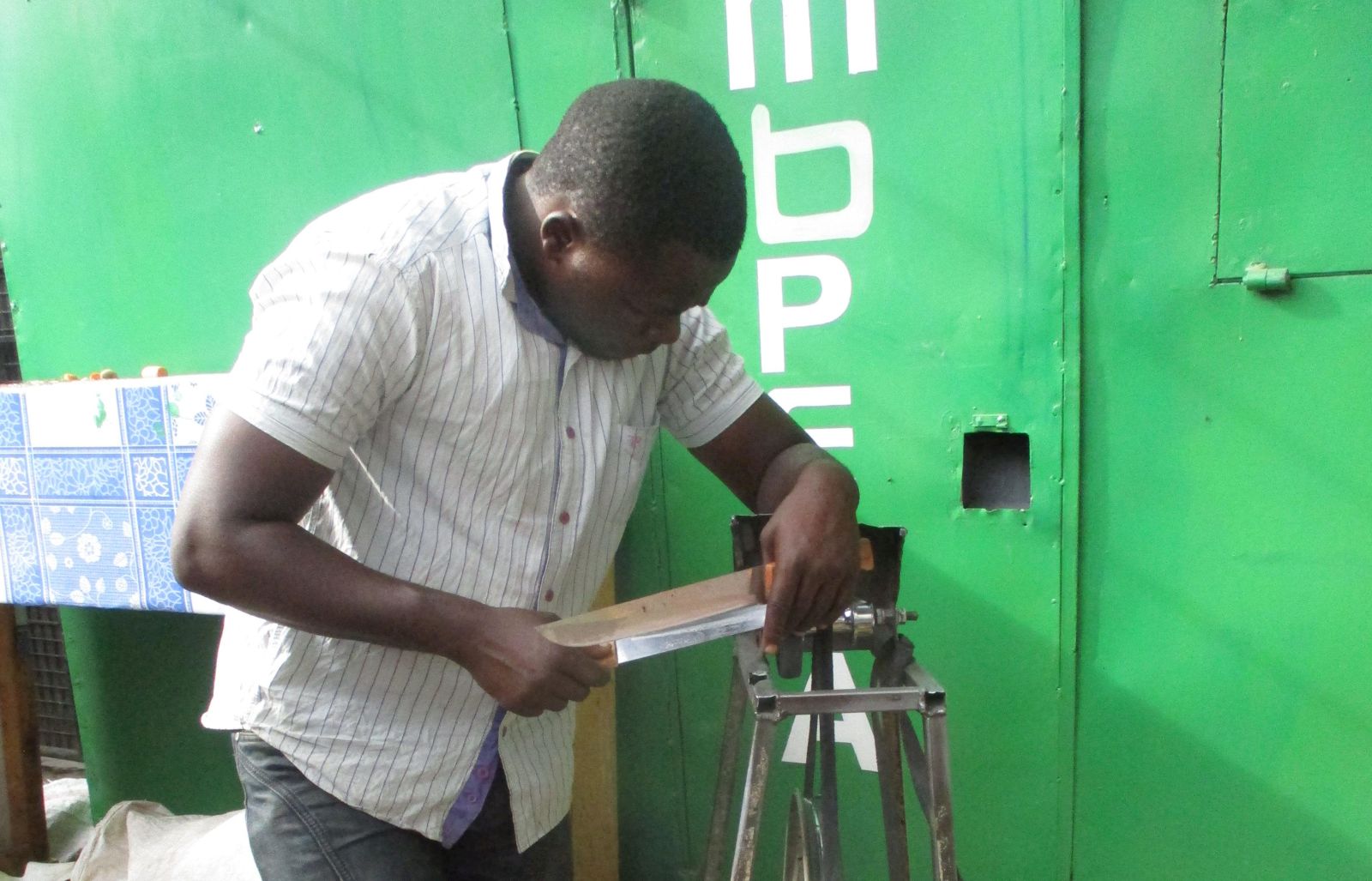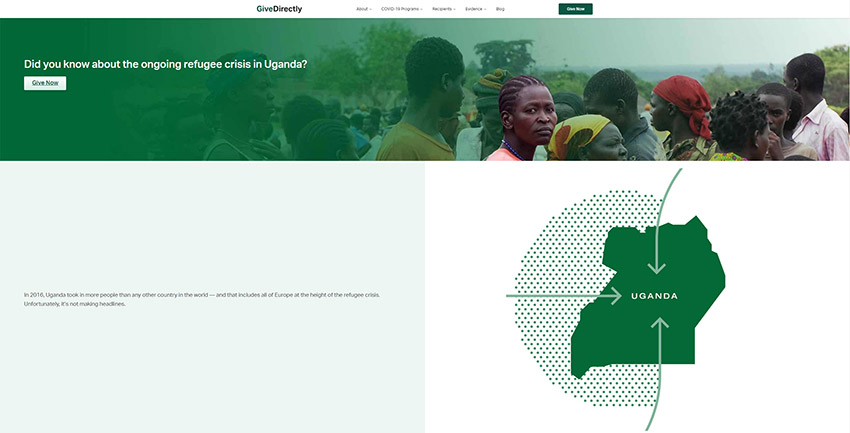Covid-19
EU should support IP waiver for Covid-19 vaccines

Vaccination rates show how brutally unequal the international community is. By mid-November, some 52 % of the world population had received at least one dose of a Covid-19 vaccine according to the statistics compiled by ourworldindata.org. The share for low-income countries was a mere 4.6 %.
As the World Health Organization (WHO) has reported, over 5 million people around the world have died because of Covid-19. The death count keeps increasing, and experts point out that authorities of some countries are probably underreporting coronavirus harm. The pandemic is still raging, and we will not know the total impact on mortality for quite some time.
Let’s not forget that the death toll does not provide a full picture of the disaster. It does not reflect the strains that health services are under. Intensive-care units are overcrowded in many places, so people in need do not get the treatment they need. Routine services have been disrupted, including programmes to fight HIV/AIDS, TB and malaria (see Aenne Frankenberger on our D+C/E+Z platform). European leaders reassured partners from Africa, Asia and Latin America during the World Health Assembly in May 2020 that vaccines would be treated as public goods once they became available. They also stated that immunisation must not be a luxury, but available to everyone.
That is not what happened. Instead, Britain, the USA, Canada and the EU rolled out vaccination programmes for their entire populations as fast as they could. Spending heavily, they ensured they had enough doses, in effect monopolising access to the innovative pharmaceuticals. The rich nations did not pay any attention to the WHO’s global allocation framework. Because of their hoarding, COVAX, the global initiative designed to ensure vaccine availability in poorer countries, was unable to provide the promised 2 billion doses by mid-2021.
By now, the prosperous countries have begun to roll out booster programmes and immunise children, who rarely suffer severe Covid-19 cases. In less fortunate world regions – Africa in particular – high-risk people, including indispensable front-line health workers, are still awaiting their first doses.
The WHO has repeated its call for more support, and many civil-society organisations, many of which belong to the coalition called The People’s Vaccine, have endorsed. It is high time to increase vaccine manufacturing capacity in developing countries. This can actually be done fast. To make it happen, intellectual property (IP) rights must be waived and know-how shared.
The US and Europe have made commitments to increase donations. However, their related efforts have only delivered too little too late so far. The plain truth is that vaccine demand is now stronger than expected in high-income countries, while supply remains limited. Production capacities must be scaled up fast in many more countries. Nations with high-tech pharma sectors must support those that lack the needed capacities.
The first step is to waive IP rights that are enshrined in the Agreement on Trade-Related Aspects of Intellectual Property Rights (TRIPS Agreement) of the World Trade Organization (WTO). The WTO summit in Geneva from 30 November to 3 December) can – and must – suspend them (see Achal Prabhala on our D+C/E+Z platform).
US President Joe Biden has said he is in favour of doing so. If the EU agrees, it can make it happen. Policymakers must not put private-sector profits over people’s lives. As governments have funded much of the research that resulted in the Covid-19 vaccines, they are in a legitimate position to press manufacturers to share their know-how with partners in developing countries.
Mirza Alas is a PhD researcher at University College Dublin (UCD) and a consultant for the South Centre, the Geneva-based think tank that belongs to developing countries and emerging markets. In this comment she is expressing her personal views and not the institutional views of the South Centre or its Member States.
mirzalas@gmail.com
Twitter: @mirzalas












